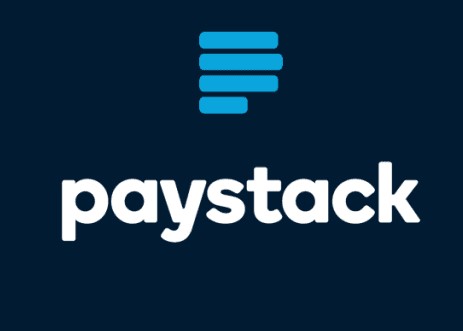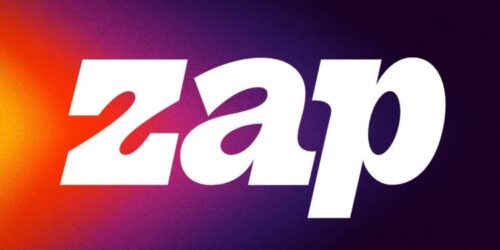
Nine years after revolutionizing online payments, Shola Akinlade, CEO of Paystack, is shifting focus to consumer payments with Zap, a new app designed for fast and seamless money transfers.
This marks a major step for the fintech giant, which has primarily been known for business-oriented financial solutions.
Zap allows users to send money to any Nigerian bank account within 10 seconds. Customers can fund their accounts by linking their bank accounts via Paystack’s direct debit infrastructure or by depositing money into a Paystack-Titan Trust Bank account. This partnership enables Paystack to securely hold deposits while ensuring fast and efficient transactions.
Unlike some fintech competitors, Zap only supports commercial bank accounts, excluding neobanks like OPay, PalmPay, and Moniepoint. Users linking their accounts will incur transaction fees, such as a ₦35 charge for a ₦10,000 deposit and an additional ₦25 fee for withdrawals. This makes Zap slightly more expensive than some competitors, though Akinlade hinted at a potential pricing review in the future.
Another key feature is international card linking, which allows users to send money from foreign accounts to Nigeria instantly. In a live demonstration, Akinlade transferred money from a Bank of America card to a Nigerian account within seconds. However, he clarified that Zap is not entering the remittance market yet, but rather focusing on facilitating transactions for people who are physically in Nigeria.
To ensure compliance, Zap enforces Know Your Customer (KYC) checks, with different tiers offering varying transaction limits.
Tier 1 requires a Bank Verification Number (BVN), allowing transfers of up to ₦50,000 daily with a maximum balance of ₦200,000.
Tier 2 requires a selfie, physical address, and National Identification Number (NIN), increasing limits to ₦200,000 daily and a ₦500,000 max balance.
Tier 3 allows users to transfer up to ₦5 million daily and hold up to ₦100 million, after address verification.
The shift toward bank transfers follows a surge in Paystack’s transaction data. In 2023, bank transfers accounted for 58% of Paystack’s total transactions, doubling from 28% in 2022. This growth has been driven by products like Paystack Terminal and integrations with fintechs such as OPay, strengthening its pay-by-account infrastructure.
With Zap, Paystack aims to create a closed-loop ecosystem, reducing reliance on external banking systems. If a Chowdeck user pays via Zap into a Paystack-Titan Trust Bank account, the funds remain within Paystack’s ecosystem, improving transaction speed and efficiency.

By launching Zap, Paystack enters direct competition with consumer-focused fintechs such as PalmPay, Kuda, OPay, and Moniepoint. These companies gained millions of users during Nigeria’s 2023 cash scarcity, offering fast and reliable transactions. Kuda boasts over 7.2 million users, while OPay has more than 30 million customers.
Despite this competition, Akinlade remains confident that Zap’s superior user experience and speed will set it apart. “We’re not competing with fintechs—we’re catering to people who need fast, reliable transfers, especially those traveling within Africa,” he explained.
While Zap’s intuitive interface and lightning-fast transactions position it as a strong competitor, pricing remains a key challenge. With Nigerians facing rising inflation and economic pressures, affordability will play a major role in the app’s adoption.
Still, Akinlade is optimistic about Zap’s future. “A lot of our work is shaping Nigeria’s experience. Zap will only get better,” he assured.
As Paystack continues to evolve, Zap represents a bold move toward building a consumer-first financial ecosystem, setting the stage for a new era in Nigeria’s digital banking landscape.


